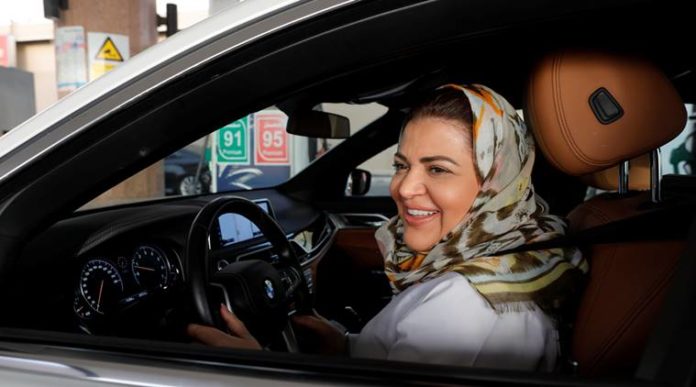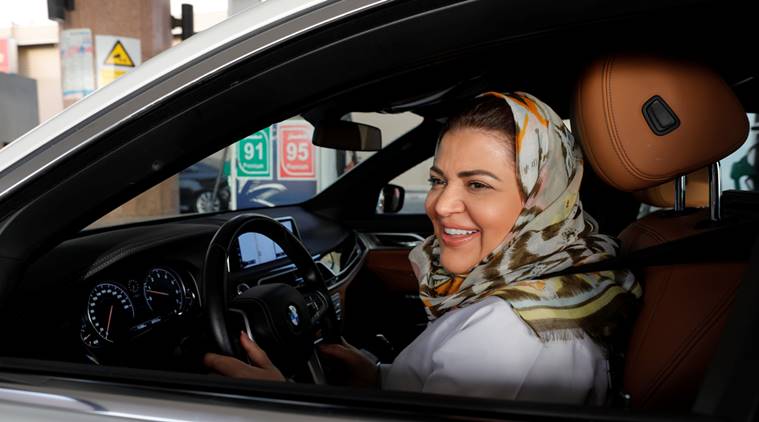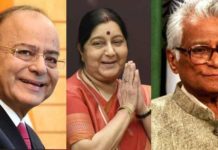
The Daily Briefs are a comprehensive update of current affairs for the day. If you’d like to receive updates for current affairs every day, you’ll need to subscribe by entering your email address at the right side of this page.
- India and Cuba on June 22, 2018 signed two Memorandum of Understandings (MoUs) in the field of biotechnology, traditional medicine and homoeopathy. The agreements were signed following delegation-level talks between President Ram Nath Kovind and his Cuban counterpart Miguel Mario Díaz-Canel at Revolution Palace in Havana, Cuba. Cuba and India have historic ties which date back to 1959 when famous guerrilla fighter Ernesto Guevara visited New Delhi. Both the countries are founding members of Non-Aligned Movement and have stood for South-South solidarity. The two countries have also collaborated very closely in United Nations and other forums. President Ram Nath Kovind is on a three-nation visit to Greece, Suriname and Cuba. Prior to Cuba, President Kovind visited Greece and Suriname and discussed issues of bilateral concerns with the concerned dignitaries of respective countries.
- During the week-long visit, UAE Foreign Minister Sheikh Abdullah Bin Zayed is scheduled to conclude a trilateral energy agreement and hold meetings with Chief Ministers of multiple States marking a renewed outreach to the States by the energy-rich country. Energy giants Abu Dhabi National Oil Company (ADNOC) and Aramco will seal a trilateral agreement with the Ministry of Petroleum and Natural Gas, Dharmendra Pradhan who is also expected to be present alongside the visiting dignitary for the signing of the MoU for the proposed investment in Ratnagiri Refinery and Petrochemicals Ltd. Both countries are also expected to sign a currency swap agreement on Thursday since a similar agreement was signed on February 11, 2016 during the visit of Crown Prince Sheikh Mohammed of Abu Dhabi to India.
- India and Bangladesh have agreed to institute a Coordinated Patrol (CORPAT) as an annual feature between the two Navies. The first edition will be inaugurated by Navy Chief Admiral Sunil Lanba during his visit there from June 24 to 29. During his visit, Adm. Lanba will call on Bangladesh President Md Abdul Hamid and Prime Minister Sheikh Hasina and also interact with the three service Chiefs of Bangladesh armed forces. The aim of Adm. Lanba’s visit is to consolidate bilateral defence relations between India and Bangladesh and to explore new avenues for naval cooperation. The Navy regularly conducts CORPATs with Indonesia, Myanmar and Thailand. It also conducts EEZ (Exclusive Economic Zone) surveillance of Maldives, Mauritius and Seychelles on their request.
- The use of LED bulbs and tube lights has been made mandatory in all offices of Haryana by August 15. As per directions of the Chief Minister Manohar Lal Khattar, all halogen, sodium bulbs and tube lights will be replaced with energy-efficient LED bulbs and tube lights. Maharashtra is the state to make LED lights mandatory.
- Prime Minister Narendra Modi inaugurated the 11-km elevated Bahadurgarh-Mundka Metro Line build at a cost off Rs 2,028-crore via video conference. The Mundka-Bahadurgarh stretch will have seven stations-four in Delhi (Mundka Industrial Area, Ghevra, Tikri Kalan and Tikri border) and three in Bahadurgarh (Modern Industrial Estate, Bus Stand and City Park). This is the third place in Haryana, after Gurugram and Faridabad to be connected like this. The Prime Minister said the expanding Metro network in Delhi would soon be the world’s fifth largest after Beijing, London, Shanghai and New York.
- India appreciates the ‘Third Neighbour’ policy of land-locked Mongolia, Home Minister Rajnath Singh has said, asserting New Delhi’s commitment to further strengthen its cultural bond with Mongolia. He was there on a three-day official visit to further strengthen bilateral relations and security cooperation as part of sustained high-level exchanges between Mongolia and India. The ‘Third Neighbour’ policy of Mongolia, a land-locked nation between Russia and China, refers to its building ties with countries other than these two.

The world’s last ban on female drivers came to an end after the order passed in September 2017 came into force in Saudi Arabia. - Saudi Arabia lifted the ban on female drivers which represented the end of world’s last ban on female drivers. The lifting of the ban, ordered last September by King Salman, is part of sweeping reforms pushed by his powerful young son Crown Prince Mohammed bin Salman, in a bid to transform the economy of the worlds top oil exporter and open up its cloistered society.
Today’s Quiz















Thankyou Clatgyan !!